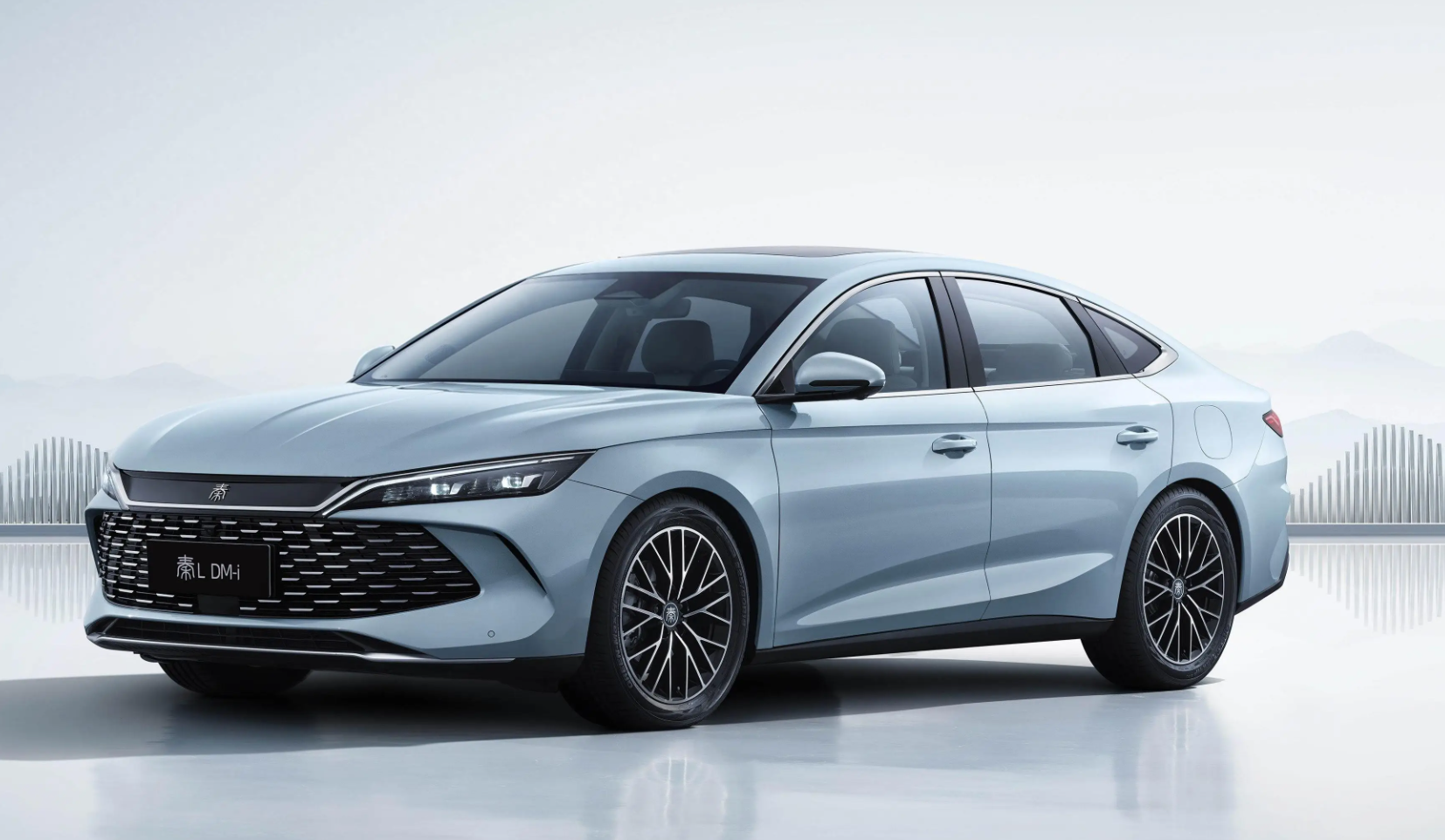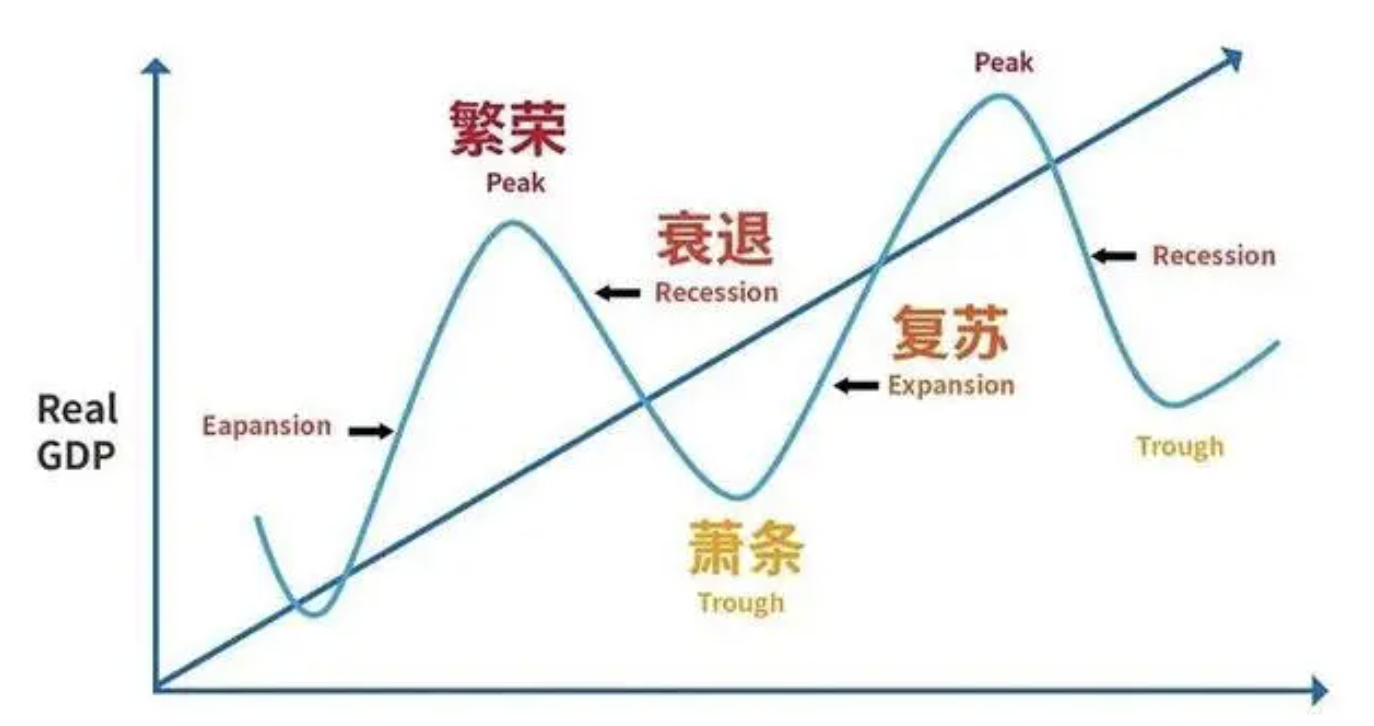In the 30 years since the Internet has flourished, the dividends of science and technology seem to have faded, and development has encountered bottlenecks. In addition to the new crown, the economy has been uncertain in the past few years. To a large extent, it has not been possible to find a track to replace the development of the Internet. In fact, people have been looking for new technology competitions. Tao can be developed continuously.
Two tracks for the future development of the world
1. A track is new energy: including power production, power transmission, and power storage. The first two are China’s leading the world. It should be said that China’s Guodian system and infrastructure system are really worthy of praise in this regard. It seems that energy storage has not yet formed its own advantages. I won’t elaborate on the leading ones. It should be said that China’s industrial layout plans far surpass those of Europe and the United States. It is really high in important decisions on new energy. There are European and American projects that stick to their own advantages. On the other hand, they do have some. Lagging behind. Talking about electric vehicles, the main representative product of new energy, if China’s electric vehicles develop well and produce tens of millions of private-brand and patented electric vehicles a year, life in countries like Japan will be sad. China’s new energy policy is in line with its carbon neutral policy. It should be said that when developed countries proposed carbon neutrality, they were actually curbing the right of developing countries like China and India to pursue economic development. But it is also unintentional. The carbon neutral strategy launched by China is to get rid of petrochemical energy, from the world’s largest petrochemical energy importer to the world’s largest exporter of electricity and energy. In modern terms, it is a reduction in dimensionality. , Electric vehicles alone can turn many traditional advantageous industries in Europe and America into useless furnishings.
The main advantage of obtaining the new energy track is to obtain the right to development. Imagine that if every kilowatt-hour of electricity is only 1 cent, many problems such as fresh water resources, environmental issues, and food issues can be solved. Even if China increases its population by 1 billion, it will still The prerequisite for raising the standard of living in Europe and the United States is that energy is extremely cheap, and the Chinese government is making unremitting efforts in this direction. This is the beginning of a prototype of a high degree of prosperity.
2. The second track is the Internet of Things. China currently has no particular advantages in this regard, and some are just disadvantages. It should be said that the Internet of Things is the future version of the Internet. China’s leaders in this area are Huawei and SMIC. To put it bluntly, they are the companies that the United States must kill if they want a stick. The development of such enterprises will basically abolish the superior industries in the United States. We have too many things to make up for in these areas, and it may not be possible to fix it in a few years. However, several operators of China’s telecommunications system do not seem to have the spirit of the Guodian system and the infrastructure system. To put it bluntly, they have done nothing that impresses Chinese people. Information is the cornerstone of the development of a country’s civilization, and there is no information technology to talk about scientific and technological development.
Having said so much nonsense, what I want to mention is that on the second track, there are still many people doing a lot of basic work in silence. Like Li Yan, former chief system software architect of Intel’s China Enterprise Department, and now expert committee member of the China Big Data Expert Committee and Cloud Computing Committee, and Zhang Huanguo, PhD supervisor of the Department of Computer Science of Wuhan University, are all working on China’s trusted cloud computing and trusted The industrialization of chips requires a large amount of manpower and material resources. The purpose is to create China’s own advantageous industries on the Internet of Things track.
The development of these two tracks in the next 20 years is worth looking forward to. If you are already on this track, please cherish it, and the industrialization team of Professor Li Shou and Professor Zhang needs the attention of more capable and financially capable people. Basic things are difficult to build, but once it is built, it will be a moat.





